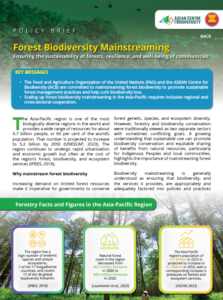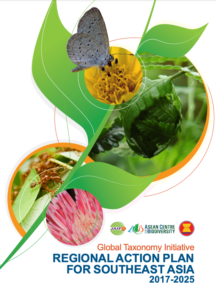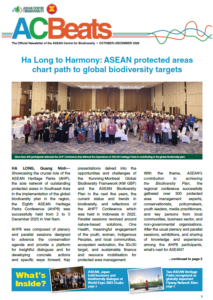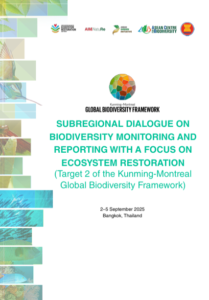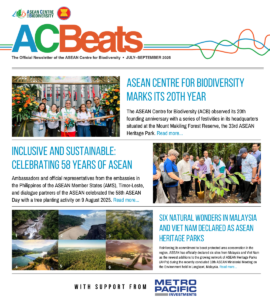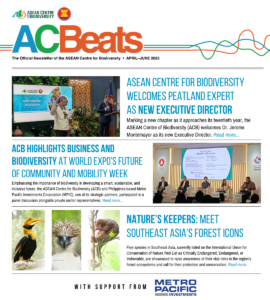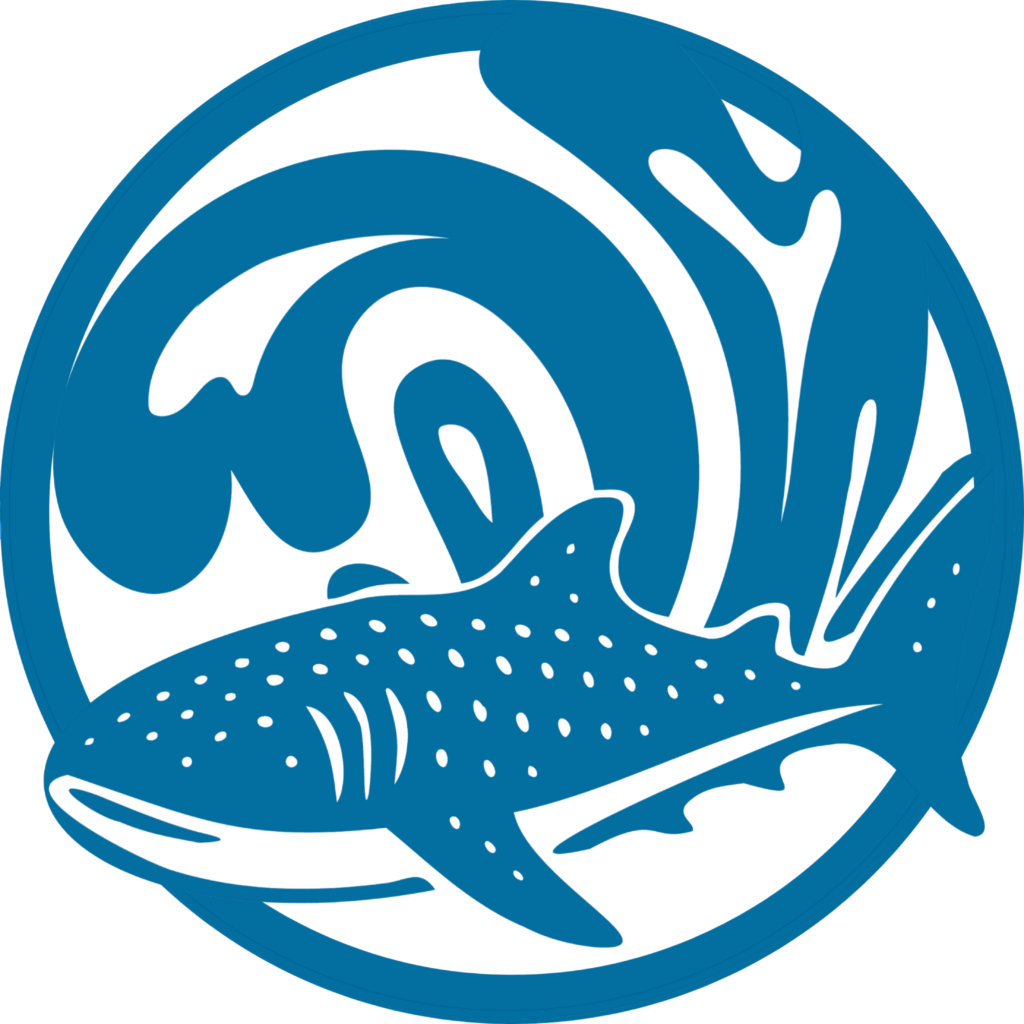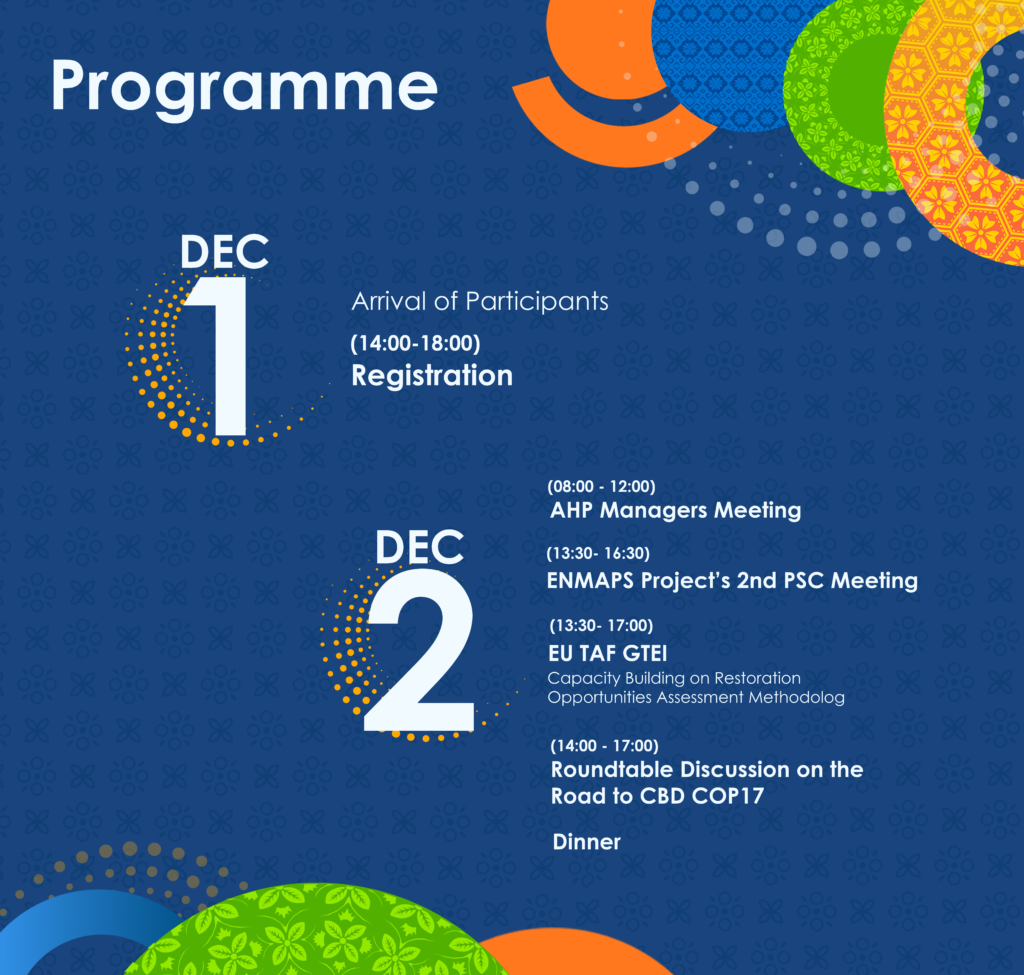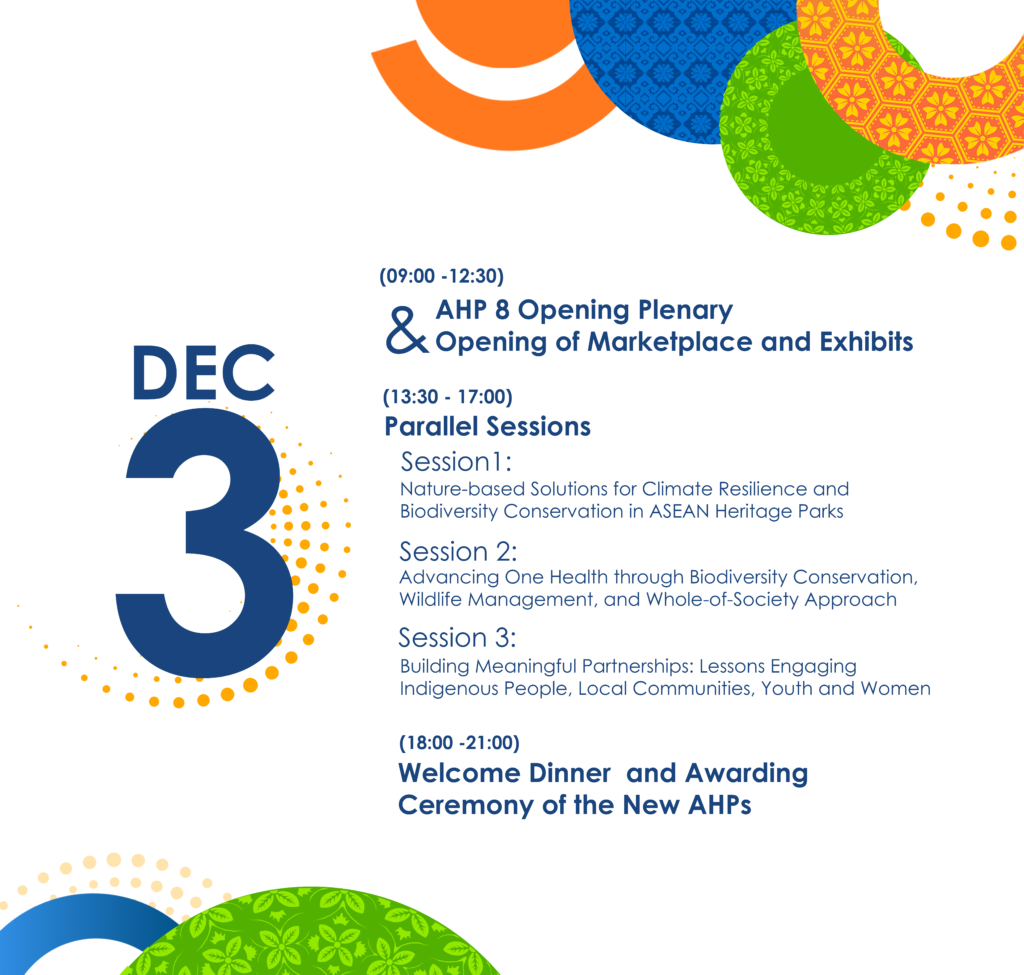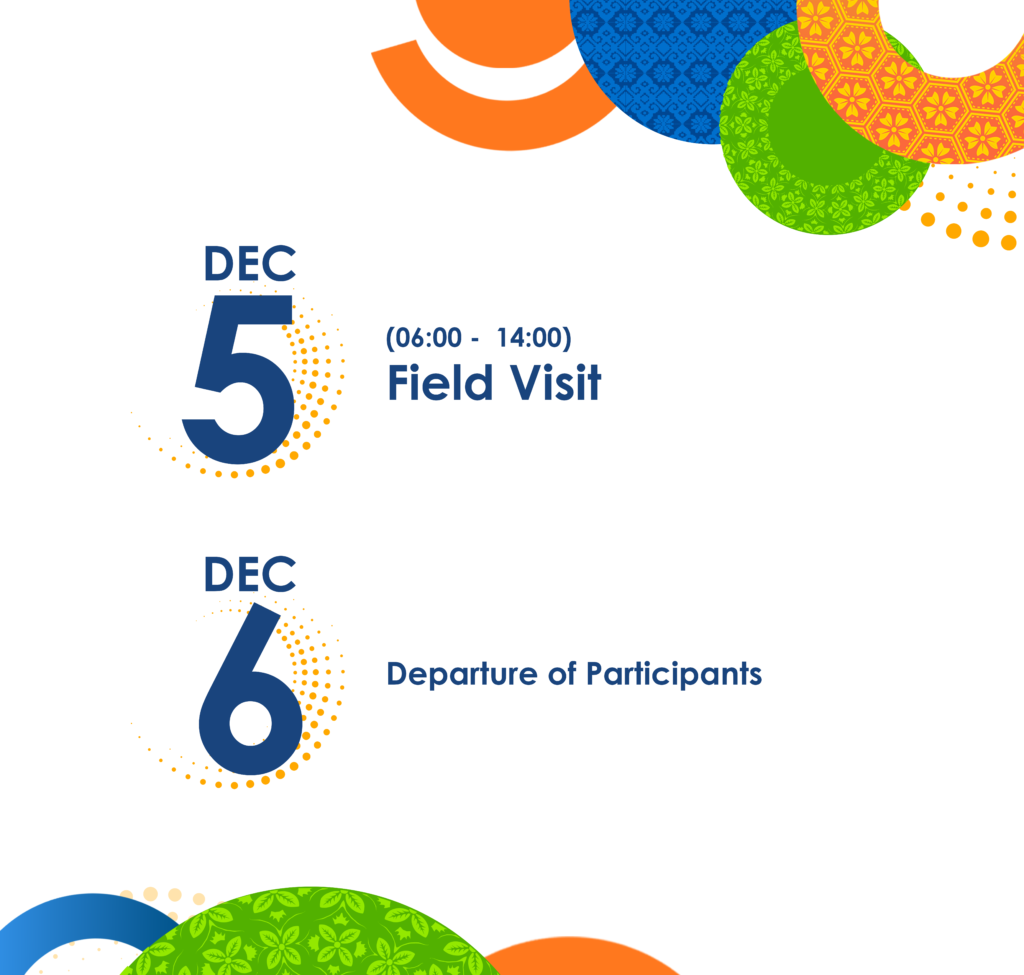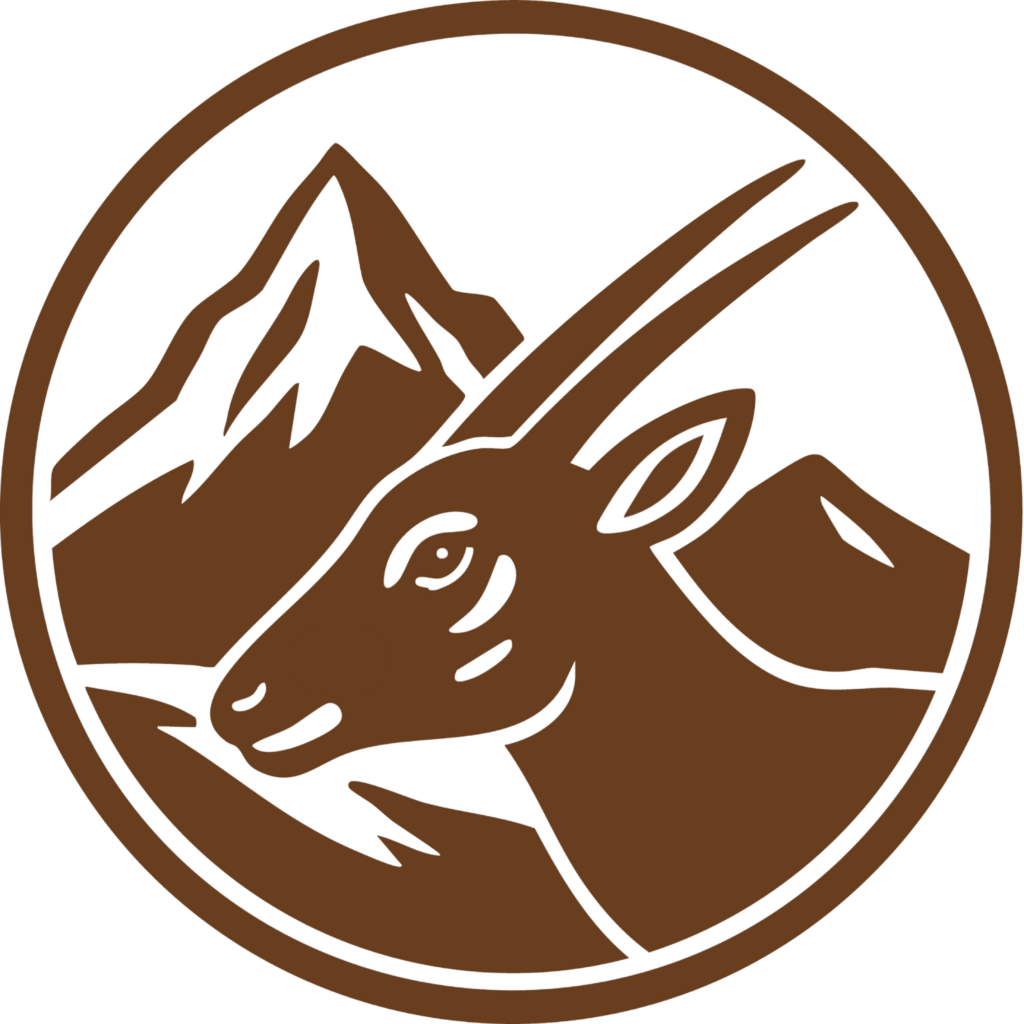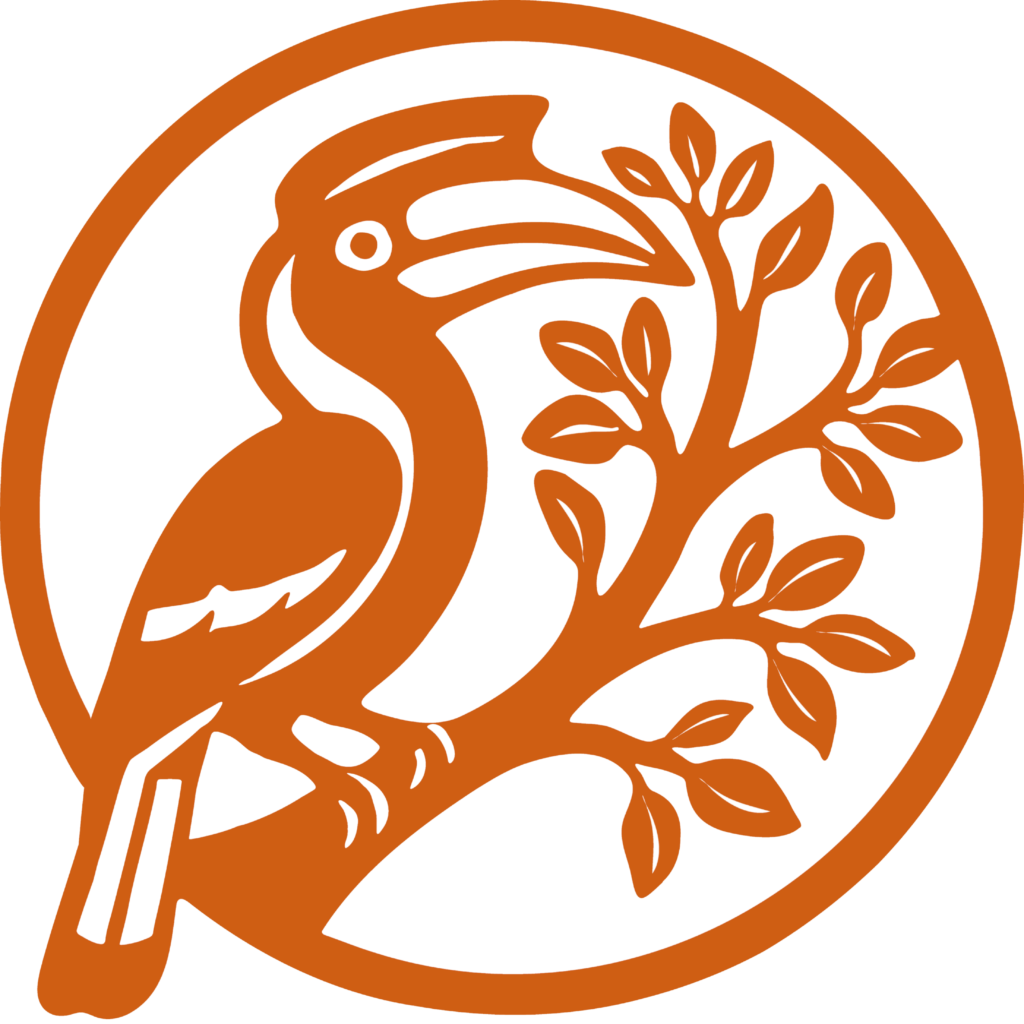How the small investments of the ACB, through the Small Grants Programme (SGP I), helped its grantee KTH Trans Api, to achieve significant transformations through duck and salted egg production in Way Kambas National Park in Indonesia.
The farming community of Braja Luhur in WKNP relies heavily on rice cultivation. While rainfall is essential for their livelihood, excessive downpours often lead to flooding, soil erosion, and crop damage. This struggle forced locals to poach wildlife, cut trees, and engage in other illegal activities within the national park to survive.

Members of the KTH Trans Api ventured into duck farming to help reduce pressures on Way Kambas National Park’s forests
At 28, Deni Prastyo, a resident of Braja Luhur, proposed a bold idea of venturing into duck farming to create an alternative source of livelihood and curb illegal activities in the forest.
Fuelled by his determination and his childhood dream of uplifting his community, Deni rallied fellow villagers—some notorious for their park transgressions—to establish KTH Trans Api. Their mission? To raise ducks and sell salted eggs, thus providing a sustainable livelihood that steers them away from forest crimes.
KTH Trans Api soon became an SGP grantee, receiving an initial capital of IDR 3 million (EUR 174.79) and 250 ducks. Part of the funds were used to construct a budget-friendly enclosure for their feathered flock.
Deni knew the funds were insufficient for feeding the ducks, completing infrastructure, and achieving full operation. Nevertheless, he persevered, hoping that additional support will come along the way. To better ease their financial burden, Deni regularly transports the ducks in cages of its members who have just harvested rice grains from their nearby rice fields. This way, ducks can be fed with 50 per cent concentrate, while they get the rest of their diet as they forage on the fields for leftover grains.
Months later, KTH Trans Api secured a loan from a private group and an additional IDR 14 million (EUR 815.72) grant, along with technical training from Yayasan Pendidikan Konservasi dan Lingkungan Hidup Indonesia (YAPEKA), another SGP grantee. Deni and his team also received IDR 6 million (EUR 349.59) from Yayasan Kanopi Indonesia. With these additional funds, KTH Trans Api diversified into livestock farming.

“SGP is like a magnet for other funding. After it became our pioneer funding agency, other grants followed. We received funding for two projects on goat farming from the national park and the Ministry”
– Deni Pratiyo, leader of KTH Trans Api
“SGP is like a magnet for other funding. After it became our pioneer funding agency, other grants followed. We received funding for two projects on goat farming from the national park and the Ministry,” Deni proudly shared. He added, “SGP catapulted our business, expanding our market and fostering collaboration. We acquired new skills and ventured into year-round livestock farming. Rainy seasons no longer haunt us.”
Today, KTH Trans Api boasts a membership of 20 dedicated individuals and a thriving flock of 400 ducks. Their daily operations yield a net profit ranging from IDR 150,000 (EUR 8.74) to IDR 200,000 (EUR 11.65), primarily through the sale of salted eggs to their loyal patrons. They have also partnered with the Ministry of Social Affairs, providing ducks to elderly community members who are seeking supplementary income.
Previously, KTH Trans Api supplied salted eggs to Super Indo in Bandar Lampung, a prominent supermarket chain with branches across Java Island and Southern Sumatra. However, they had to pause for a while to work on improving their supply chain and meet the latter’s weekly demand. Currently, the group focuses on consigning their eggs to smaller stores and directly supplying eggs to their patrons.
KTH Trans Api shares its success with the Braja Luhur community by giving 15 eggs to each neighbouring family, totalling 2,300 eggs.
Beyond that, Deni and other KTH Trans Api members actively encourage locals to join their group and steer clear of illegal activities within WKNP. Deni shared, “Those who previously engaged in illegal activities in the forest were initially apprehensive about interacting with park management. However, through several meetings and conservation training activities, they have come to understand the importance of protecting the park. It is crucial for communities, park rangers, and officers to collaborate. This project has successfully brought these parties closer together.”
The success of KTH Trans Api has also inspired neighbouring villages to explore duck farming, creating a positive ripple effect throughout the region.


